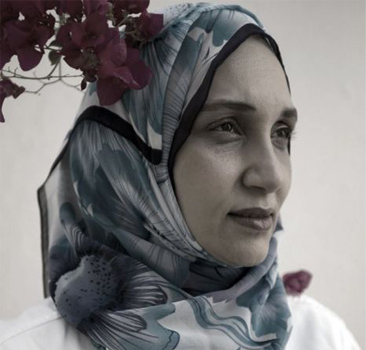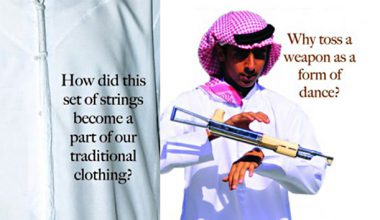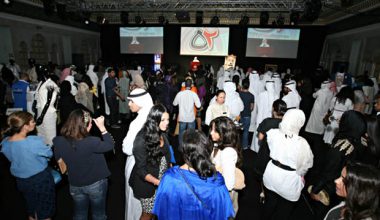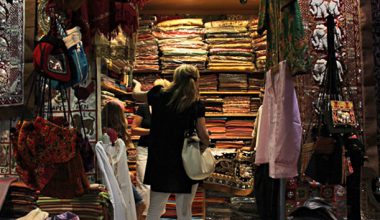
I first met Leila Aboulela at a literature festival in Jaipur, India. She had her audience captivated, listening to a reading from her latest novel ‘Lyrics Alley’. She has a type of poetic demeanour, a soft grace that seems to flow into her writing. Like her writing, there is an intelligent depth that emerges after slight probing. I wanted the opportunity to unveil some of this depth so I arranged a meeting, over coffee (of course) back in Doha – where we both currently live.
Starbucks coffee at a mall in Doha is, well… a little different from the romance of an Indian literature festival, but Leila’s elegance is the binding constant between these two meetings.
She seems to be at ease with changes in location; having been born in Cairo, raised in Khartoum then spending some years in Scotland and now Doha.
This begs my cliched question, “Where is home Leila?”
“Khartoum,” is her answer.
This is evident in the space that she gives to Sudan in her novels. It forms the textured backdrop against which ‘Minaret’ and now ‘Lyrics Alley’ are set.
Lyrics Alley also explores Cairo. Our meeting is happening while Egypt is in the midst of a popular uprising and Leila comments that the Egypt that she sees now is “very different.” She knows a Cairo that was always “very stable, oppressive, but stable”. She is not an ardent follower of politics which seems strange to me because reading her novels gives such great insight into Sudan’s political narrative. “She can see the effect of politics,” she says “its effect on life.”
Leila’s academic background appears to be at the opposite spectrum to the arts. She specialised in statistics and now hold an MPhil in Statistics from the London School of Economics. The transition from this background to creativity seems not to have been an issue for her.She has always been an avid reader, so it was ‘natural’ for her to write. As she talks about this, I sense her deep love for literature and a culture of reading.
The headscarf is an indication of Leila’s comfort with overt expression of her faith. Faith and belief are so interwoven into her characters and narrative that it seems almost natural instead of a deliberate attempt at ‘writing Muslim’. About faith she says, “this is what inspires me” and she notes the absence of it in contemporary literature. The “ordinary Muslim” doesn’t exist when it comes to literature. What is written about are the stereotypes: “terrorists, fanatics and honor killings.”
We both note agree on the dearth of fiction writing by Muslim writers.It looks like this is a subject which she has thought about often and she passionately goes on to explain that “parents don’t encourage their children to study literature. Some strict Muslims are not comfortable with imagination, music and with the idea of being an artist.”
Leila doesn’t seem to struggle with approaching subjects that may be relatively ‘taboo’ to a conservative reader. I ask about her ability to carry through the anticipation and fulfilment of romance without the candid imagery that often characterises this theme in modern literature. Here she makes a reference to Victorian literature and how it is still appealing because it doesn’t expose everything. Again, her self-confidence shines through and perhaps this is the reason why she as such cross-sectional appeal – she tells her story on her terms which makes for unique reading.
Her latest novel “Lyrics Alley” was inspired by the stories about her uncle told to her by her father. It is about an affluent Sudanese family set against the background of a 1950’s Sudan in revolution. She was familiar with the Sudan of her father’s youth through the narratives from him. Leila revisited Sudan at the time of writing the novel to spend some time with her father who was ill. Leila tells me that she realised that her ‘father’s life was coming to an end. His generation was coming to an end’ and she wanted to ‘capture it before it went’.
In this novel and in her nuanced writing, Leila Aboulela captures a time period and a gripping narrative. She gracefully adds to the wealth of great literature – literature that she is so passionate about.
– Ayesha Jacub







